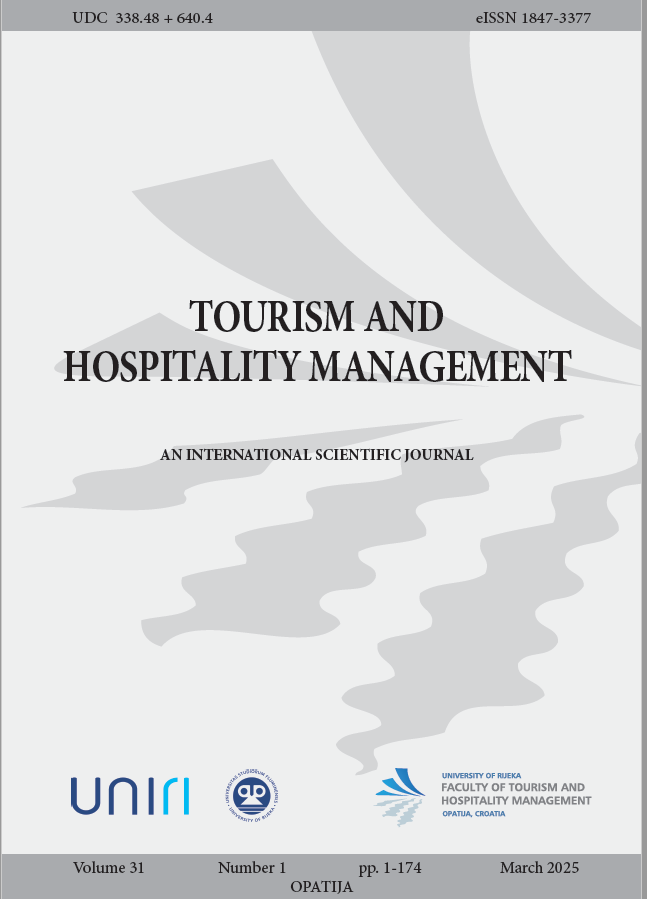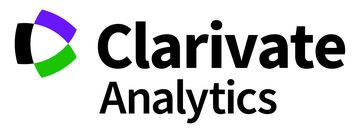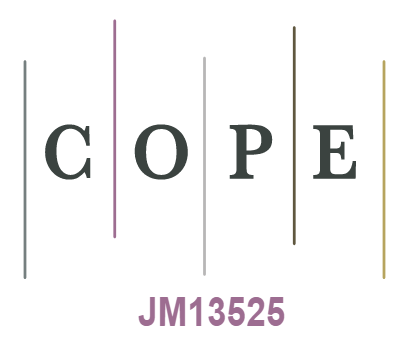Writing Teaching Cases in Tourism and Hospitality Management
Authors are invited to submit teaching case studies and teaching notes that aim to provide a high quality teaching and learning resource, focused on the management of the tourism, hospitality and events industries for an audience of educators and trainers.
Teaching and learning case studies can be based on empirical research or real-world examples from industry; high quality simulated case studies will also be considered. All case studies should address a current issue relating to management within the tourism, hospitality and events industries. Links with the curriculum areas of marketing, e-commerce, financial management, operations management, economics, strategic management, policy and planning, sustainability, ethics, research methods and human resource management are welcomed; however, other curriculum subjects will also be considered.
Manuscripts submitted to the journal should be original contributions and should not be published or under consideration for publication elsewhere. Submissions should be written in the English language using Microsoft Word and authors must ensure that it is complete, grammatically correct and without spelling or typographical errors. Instructions for the formatting of text, citations/references, and figures/graphs/tables are presented in the ‘notes for authors’ for Tourism and Hospitality Management. Authors should specify the source of teaching case:
- Secondary data from different source: book, journal, statistic data, publications, reports
- Primary data from the case company, in this case authors need to provide case release: signed permission from the subject organisation. For more information about case release you should read in the article: Vesna Damnjanović, Slavica Cicvarić Kostić, Ema Nešković, (2017), How to Write Cases and Teaching Notes in Marketing Education, Marketing Časopis za teoriju i praksu, 48(1), pp.41-49., link: http://www.sema.rs/repository/download/marketing-vol-48-no-1.pdf
- Consulting experience, authors should provide the fictive name of the company, for example Hotel X
Writing a teaching case in tourism and hotel management requires a distinctive literary style written in the third person, in the past tense and establishing an objectivity of core dilemmas in the case. The submitted text should not normally exceed 2,500 words (excluding abstract, tables, figures and references), and should be prepared according to the instructions below:
- The cover page must list the authors’ names, their titles, positions, name of Institution/Company, Department name (if applicable), country and e-mail address.
All pages thereafter must not include authors’ details to facilitate blind peer review, and should be structured under the following headings and sub-headings:
- Abstract (100 words maximum);
- Keywords (between four and six);
- Opening paragraph (Who the main protagonist is, Who the key decision maker is, What the nature of the problem or issue is, When the case took place, including specific dates, Where the case took place – which organisation, Why the issue or problem arose.)
- Body of the case (Tell the whole story – usually in a chronological order. Typically contain general background on business environment, company background, and the details of the specific issue(s) faced by the company. Tell more than one side of the story so that students can think of competing alternatives).[1]
- The concluding paragraph (Provide a short synthesis of the case to reiterate the main issues, or even to raise new questions).
- References;
- Teaching notes for educators/trainers:
- Course name: Define the name of the course
- Target group: Indicate the target learning group, for example, undergraduates, postgraduates, executive.
- Learning objectives and outcomes:
- Teaching strategy: Suggest discussion questions, problems, tasks and/or scenarios); List of questions to promote discussion and time management framework
- Further reading and relevant links
Authors should ensure that manuscripts provide detailed information about the case and the conceptual background/theoretical frameworks. The style of writing should be descriptive and explanatory; authors should avoid analysis or evaluation. Instead, the notes for educators/trainers (in particular the discussion questions, problems, task and/or scenarios) should be designed to allow students/trainees to analyse, evaluate, synthesise and apply knowledge and skills to a tourism, hospitality or events management topic so as to enhance the quality of teaching and learning.
Case study with teaching notes manuscripts should be sent to the Editorial Office electronically via e-mail This email address is being protected from spambots. You need JavaScript enabled to view it.. The editors reserve the right to return improperly formatted manuscripts to the authors, without blind review.
For further guidance on writing teaching and learning case studies:
Damnjanovic V. (2012) Marketing in Practice Applying the Case Study mm Method, Belgrade, FON
Damnjanović, V. Cicvarić Kostić, S. Nešković E. (2017), How to Write Cases and Teaching Notes in Marketing Education, Marketing Časopis za teoriju i praksu, 48(1), pp.41-49., link: http://www.sema.rs/repository/download/marketing-vol-48-no-1.pdf
http://www.emeraldgrouppublishing.com/products/case_studies/pdf/writing_cases.pdf
Leenders, M.R., Mauffette-Leenders, L.A. and Erskine, J. A. (2001). Writing Cases, (Fourth Edition), Ontario,Canada, Ivey Publishing, Richard Ivey School of Business, The University of Western Ontario
Stone, G. and Ineson, E.M. (2011), “Introduction”, in Ineson, E.M., Niţă, V. and Wells, K. (Eds.), International Case Studies for Hospitality and Tourism Management Students and Trainees, Volume 2, Tehnopress, Iaşi, pp. xiii-xiv.
[1] http://www.emeraldgrouppublishing.com/products/case_studies/pdf/writing_cases.pdf












